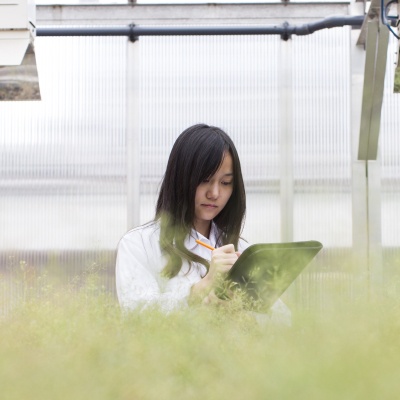.jpg)
Programme Re-evaluation
As part of our commitment to providing the best possible educational experience, we are currently re-evaluating our postgraduate degree offerings. Our goal is to create a new, exciting, and innovative curriculum that will better serve our students and meet the evolving needs of the modern workforce.
Programme Availability for September 2025
Due to this ongoing process, we regret to inform prospective students that some of our postgraduate programmes will not be running for the September 2025 intake. We understand that this news may be disappointing, and we sincerely apologise for any inconvenience this may cause.
However, we want to assure you that this decision was made with the best interests of our students in mind. By taking the time to reassess our postgraduate programmes, we will be able to deliver a more comprehensive, cutting-edge educational experience when we relaunch our updated offerings to be delivered in 2026.

MSc Environmental Management
In the meantime, we are pleased to inform you that our MSc Environmental Management programme is still available for the September 2025 intake. If you are interested in this programme, we encourage you to submit your application as soon as possible.
We are here to support you throughout this process and ensure that you have access to the information you need to make an informed decision about your future. If you have any questions or concerns or would like to learn more about our related degrees, please do not hesitate to reach out to us at biologicalsciences@abdn.ac.uk .
